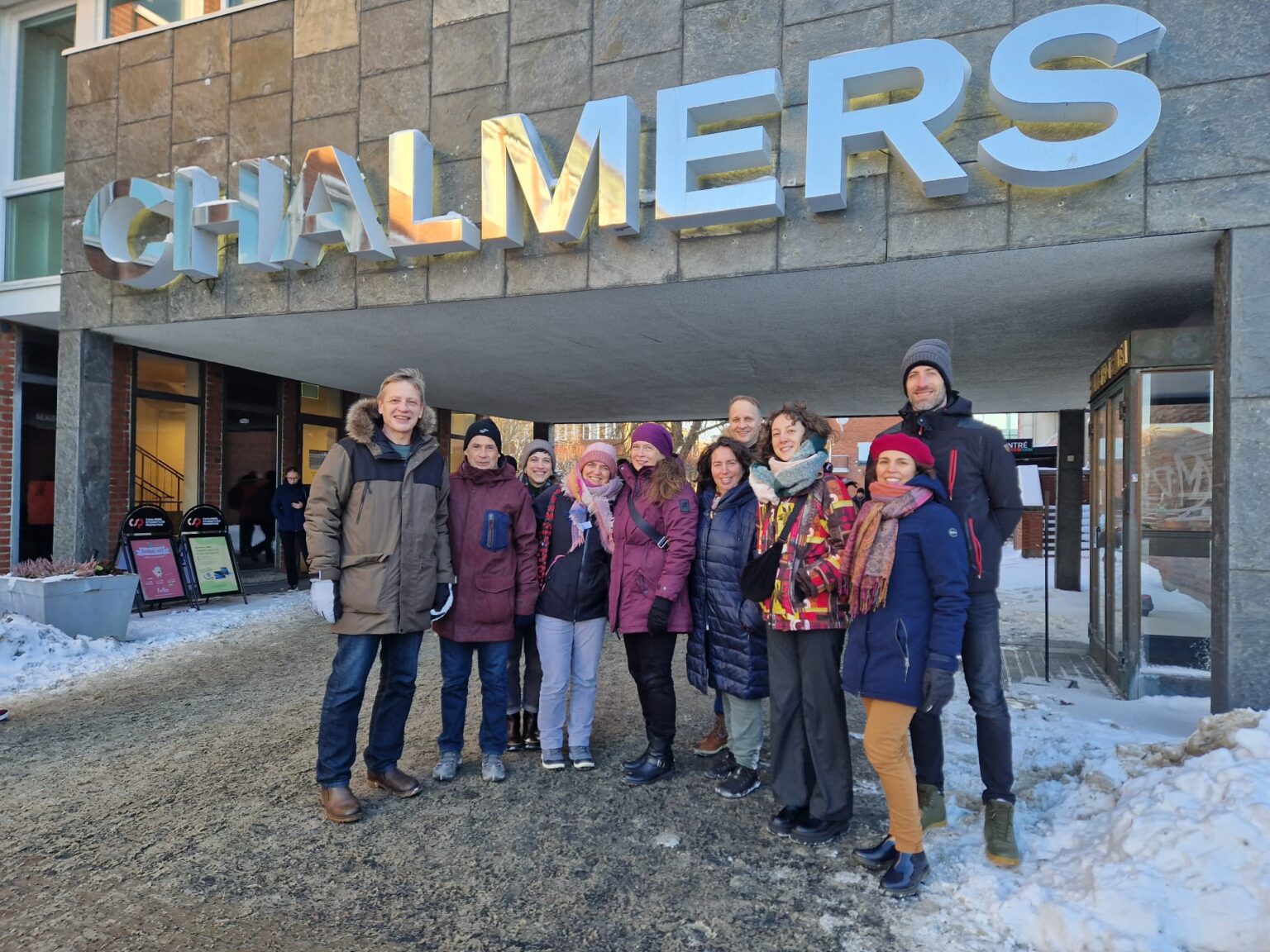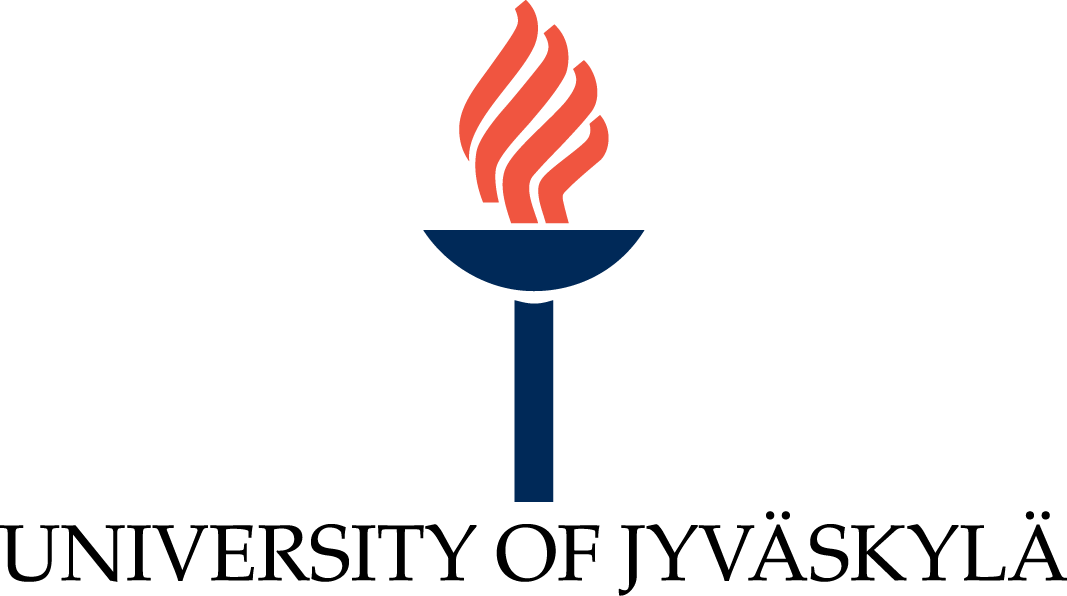On January 18th and 19th, the SAMEurope team travelled to a snowy Göteborg for the 6th transnational meeting of the project. This was an opportunity for the consortium to gather for the first time this year and to share some thoughts on the project’s progress as well as its next steps for the following months.
What’s going on with the project?
The SAMEurope team was presented with a first version of the IT Tool on a student’s viewpoint, which looks very promising. SPINIT, the company building the technical part of the platform was there to gather the consortium’s feedback and answer their questions.
Another step forward in the project was the publication of the final version of the Guide of Good Practices which you can find here on the website. The guide offers 14 very detailed good practices that Higher Education Institutions (HEIs) can follow to better support their student athletes. During the meeting, the team developed an action plan to disseminate the deliverable among their different networks.
Finally, the preliminary results of the re-analysis for the sociological study were presented to the consortium by the two PhD students of the University of Paderborn, who are working closely with KIT on the technical part of the study. This part of the meeting was also an opportunity for the SAMEurope team to further understand how both the elite athletes and the employers will be involved in the study using data from different networks (FISU association, alumni association, LinkedIn, etc.).
The team will be meeting again mid-June in Jyväskylä for the next transnational meeting!






